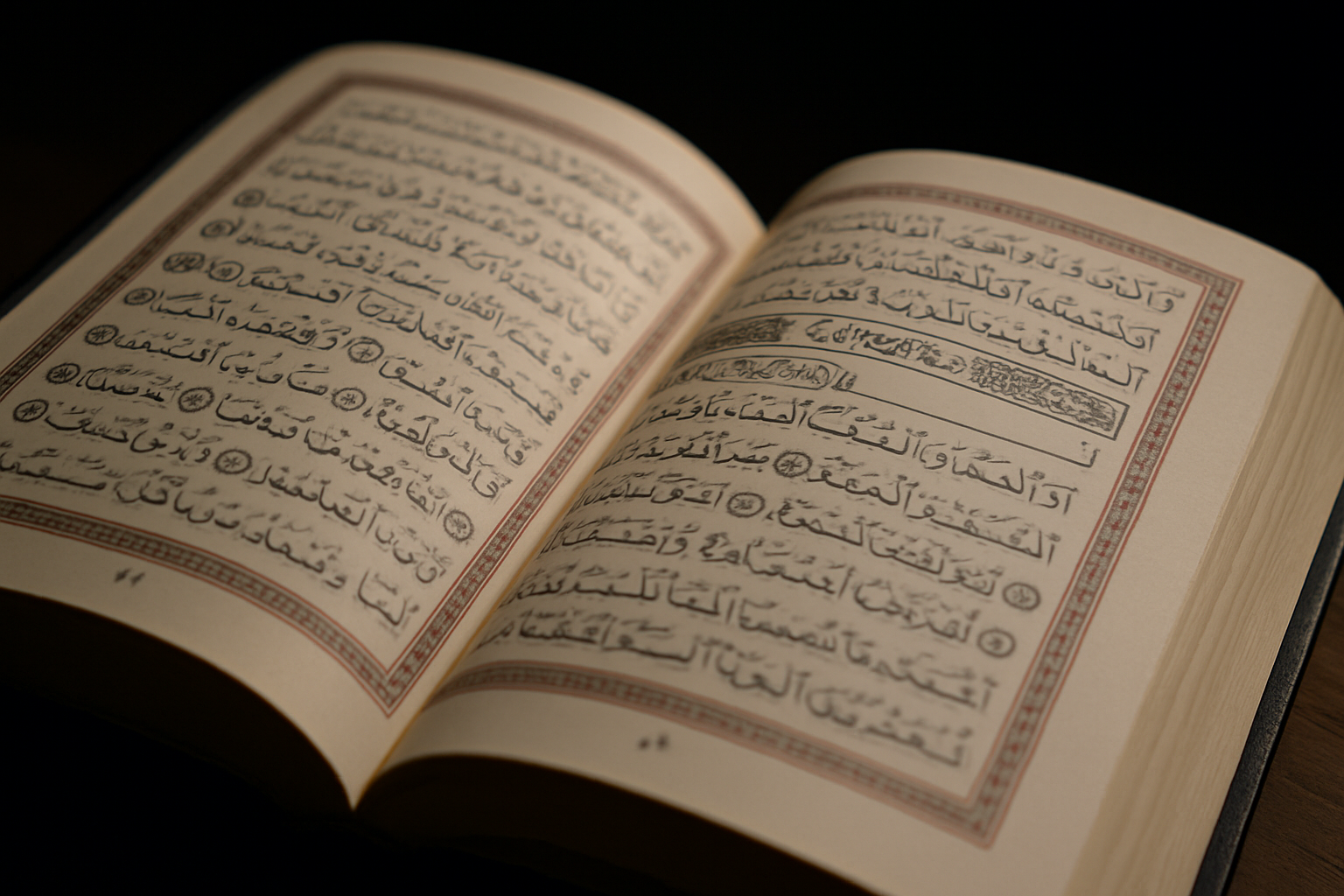
The Qur’an repeatedly refers to a revelation called the Injil, said to have been given to Jesus as divine guidance. Yet, this Injil—described as containing "guidance and light"—bears little connection to any known historical text. Unlike the four Gospels of the New Testament, which are well-documented and preserved within the historical record, the Injil mentioned in the Qur’an has no surviving manuscripts, citations, or external references from the first century or earlier.
This article presents a series of questions designed to probe this gap between the Qur’anic description of the Injil and the historical evidence—or lack thereof. These questions draw directly from Qur’anic verses and are intended to encourage thoughtful discussion about the nature, existence, and relevance of the Injil. They also invite deeper reflection on the relationship between Islamic and Christian views of scripture, revelation, and the message of Jesus.
1. When did Allah give Jesus the Gospel (Injil)—before or after the four Gospels were written?
Quran 5.46 – “We gave him the Gospel, in which was guidance and light...”
If Jesus received the Injil directly, how does that compare to the written Gospels that appeared decades later?
2. If the Injil had “guidance and light,” how long did that guidance last—and where is it now?
If God gave the Injil as divine guidance, why has no trace of it survived?
3. If the Injil was a real book given to Jesus, where is it today—and why has no copy ever been found?
There is no manuscript, quote, or historical mention of a separate Injil text from the first century.
4. If the Qur’an tells Christians to judge by the Gospel they have, why would it affirm a corrupted text?
Quran 5.47 – “Let the People of the Gospel judge by what Allah has revealed in it.”
This implies that the Gospel available in Muhammad’s time was still trustworthy.
5. Why does the Qur’an say to ask “those who read the Book before you,” if the Scriptures were corrupted?
Quran 10.94 – “Ask those who have been reading the Book before you.”
This assumes earlier Scriptures were reliable sources of truth.
6. If Jesus truly received the Injil directly, did He write it down or pass it on—and where is the record of that?
Quran 5.110 – Mentions Jesus teaching, but never mentions Him writing a book.
There is no evidence that Jesus authored or dictated a distinct scripture.
7. Can you name a single early historical source (Christian, Jewish, or pagan) that refers to a separate Injil given to Jesus?
No historical documents outside the Qur’an describe such a book.
8. Why does the Qur’an affirm the Torah and the Gospel, yet Muslims are taught to distrust the Old and New Testaments today?
Quran 3.3 – “He revealed the Torah and the Gospel.”
If Allah revealed them, why not trust their preservation?
9. If the Injil was God’s Word, and God is powerful, why would He allow it to disappear completely while preserving the Qur’an?
Quran 6.34 – “None can alter the words of Allah.”
If God’s Word cannot be changed, why is the Injil said to be lost?
10. What specific message did the Injil contain that is different from the Gospels we have—and where do you get that information?
The Qur’an gives no details about the actual content of the Injil that differs from the Gospels.
11. Why do the Qur’an and Hadith say so little about what Jesus actually taught, if He was given a divine book?
Quran 5.110 - Speaks of miracles and teaching, but no specific teachings are quoted.
Why is Jesus’ message not preserved if He was a major prophet with a book?
12. If God was revealing His plan through the Torah and the Prophets, shouldn’t the Injil and Qur’an continue that story?
Quran 5.46-47 – Claim continuity between Torah, Injil, and Qur’an.
But the Qur’an contradicts key parts of that story, like the crucifixion (see Quran 4.157).